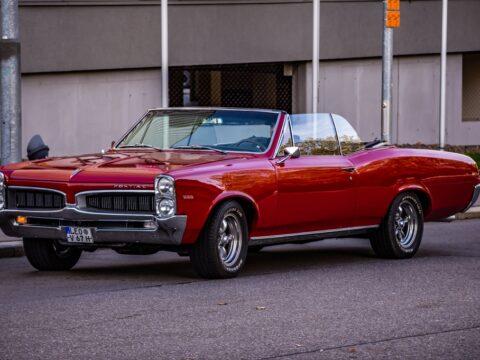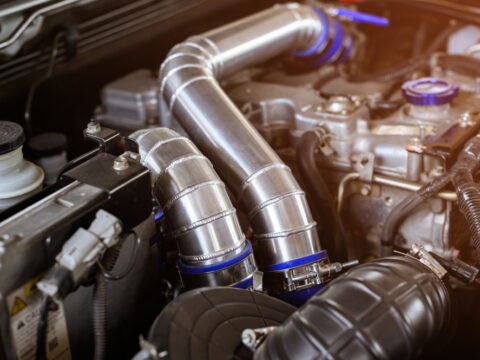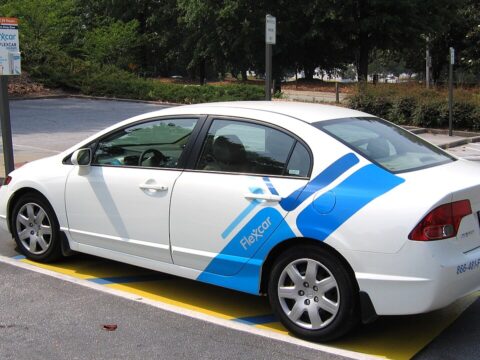Owning a luxury SUV can be a thrilling experience, but it comes with its own set of challenges. From high maintenance costs to potential safety concerns, there are several factors to consider before making such an investment. Understanding these potential pitfalls can help you make a more informed decision and avoid common surprises down the road.
Contents
High Initial Cost
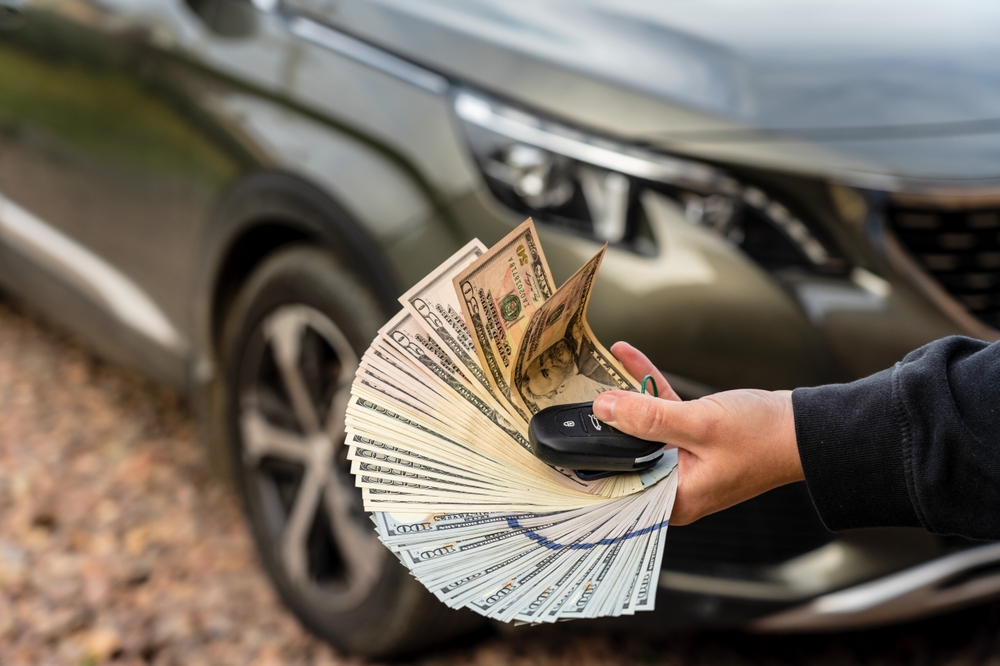
The allure of a luxury SUV often comes with a steep price tag, far exceeding that of standard vehicles. This substantial upfront cost is driven by premium materials, advanced technology, and the prestige associated with the brand. For many buyers, financing becomes necessary, which can result in significant interest payments over time. While the features and status are tempting, the initial investment might outweigh the practical benefits, particularly when considering depreciation.
Depreciation

Luxury SUVs tend to lose their value rapidly, often seeing a steep drop within the first few years. Depreciation rates for these vehicles can reach up to 50%, largely due to the high cost of features that may quickly become outdated. This swift loss in value makes them a less attractive option for those seeking a long-term investment. Consequently, when it comes time to sell, owners might be faced with a significant financial hit.
Expensive Maintenance
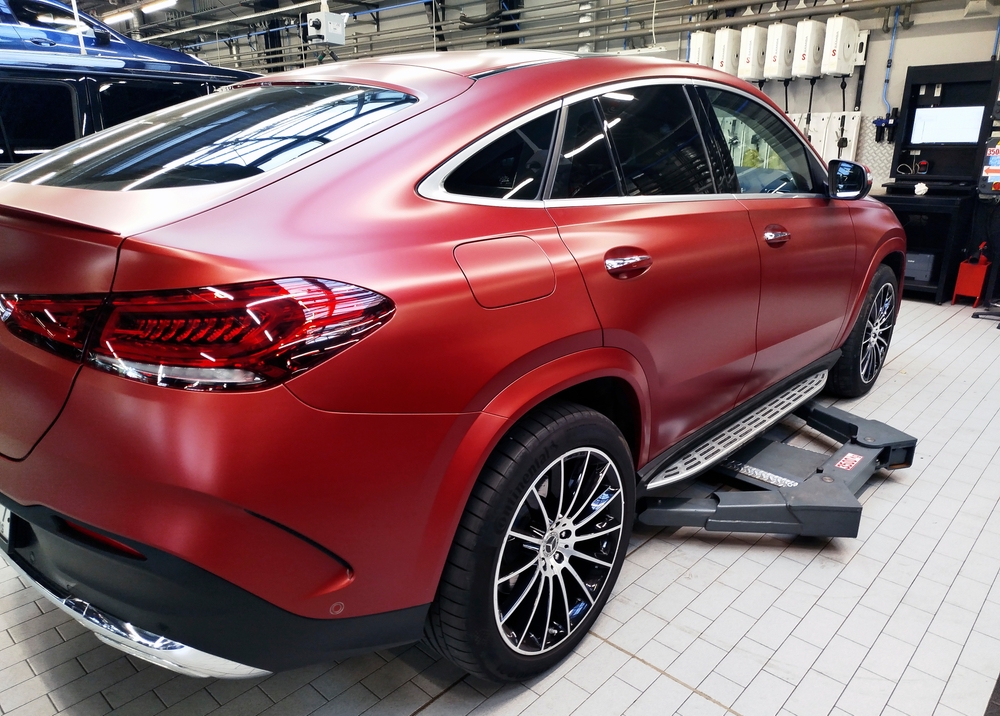
Owning a luxury SUV involves more than just the initial purchase price; maintenance costs can be considerably higher as well. These vehicles often require premium parts and specialized labor, making routine services like oil changes or brake replacements more costly. The advanced systems and technologies that come standard in luxury SUVs can also lead to pricey repairs if something malfunctions.
Higher Insurance Premiums

Insurance for luxury SUVs can be significantly more expensive than for standard vehicles. The high cost of repairs or replacements contributes to inflated premiums, as insurance companies account for the potential financial risk. Factors such as advanced technology, higher theft rates, and the overall value of the vehicle play a role in determining these premiums.
Fuel Efficiency
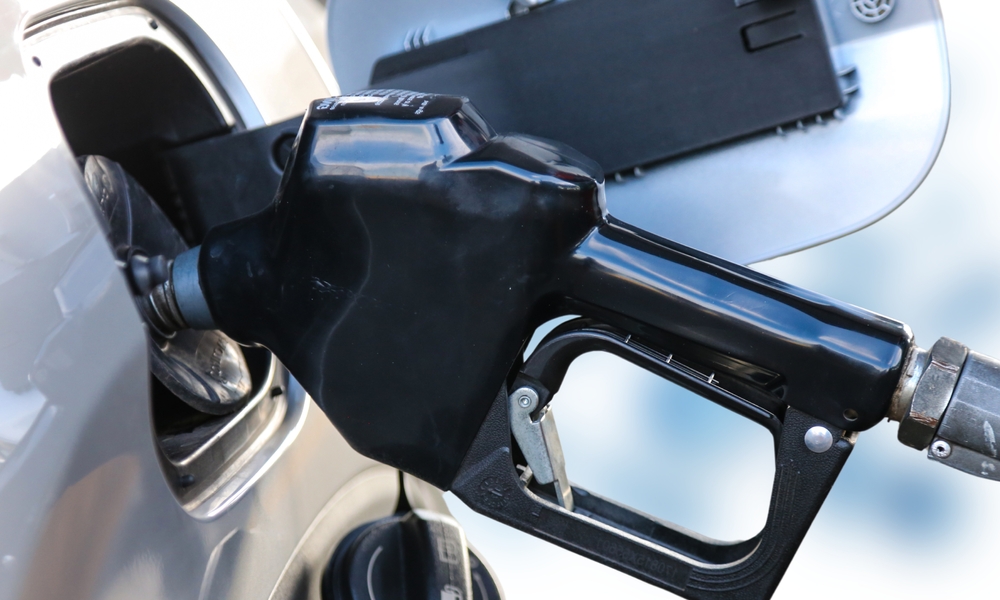
Despite improvements in engine technology, many luxury SUVs remain notorious for their poor fuel efficiency. Larger engines and off-road capabilities often lead to increased fuel consumption, making these vehicles less economical to drive. The impact on fuel costs can be substantial, especially during periods of rising gas prices. Moreover, the environmental consequences of owning a less fuel-efficient vehicle may also weigh on the conscience of eco-conscious consumers.
Size and Maneuverability
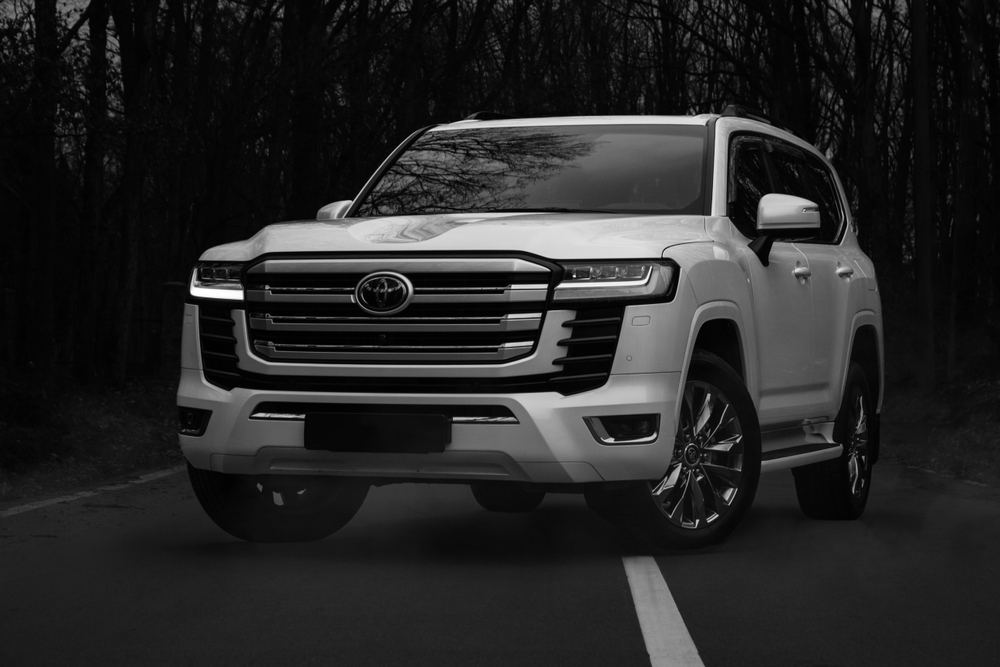
The size of a luxury SUV, while providing ample interior space, can also present challenges in terms of maneuverability. Navigating tight city streets, parking garages, or even residential areas can be difficult with such a large vehicle. Additionally, parking can become a hassle, especially in spaces designed for smaller cars. The convenience of extra space may not always offset the daily difficulties in handling these large vehicles.
Complex Technology
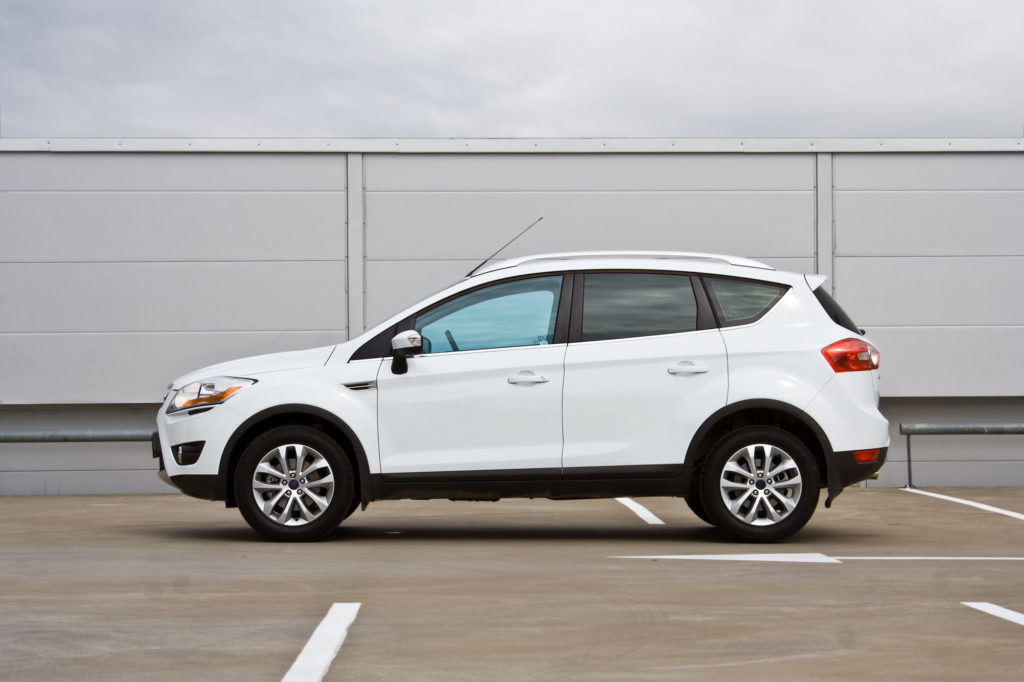
Advanced technology is a hallmark of luxury SUVs, but it can also lead to complications. Features like adaptive cruise control, lane-keeping assist, and sophisticated infotainment systems may require time to learn and get used to. When these systems encounter issues, repairs can be not only costly but also time-consuming. For some owners, the added complexity detracts from the overall enjoyment of the vehicle.
High Repair Costs
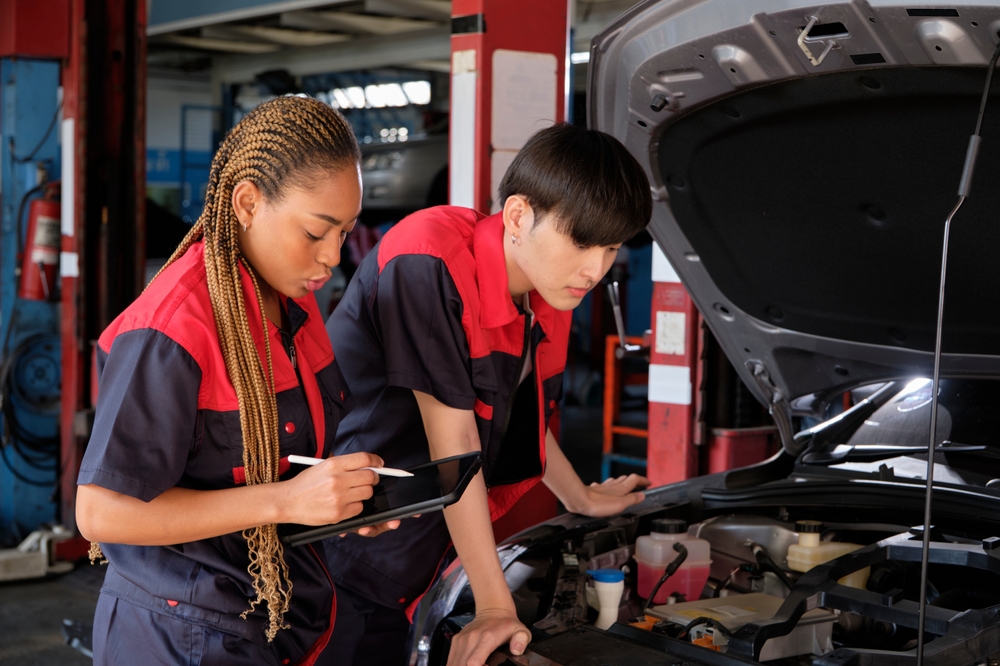
Repairing a luxury SUV can be an expensive undertaking due to the need for specialized parts and skilled labor. When something goes wrong, the costs can quickly escalate, particularly if the vehicle is older and parts are harder to come by. This can be especially problematic for owners who plan to keep their vehicle for an extended period. The financial burden of repairs is an important consideration when purchasing a luxury SUV.
Resale Challenges
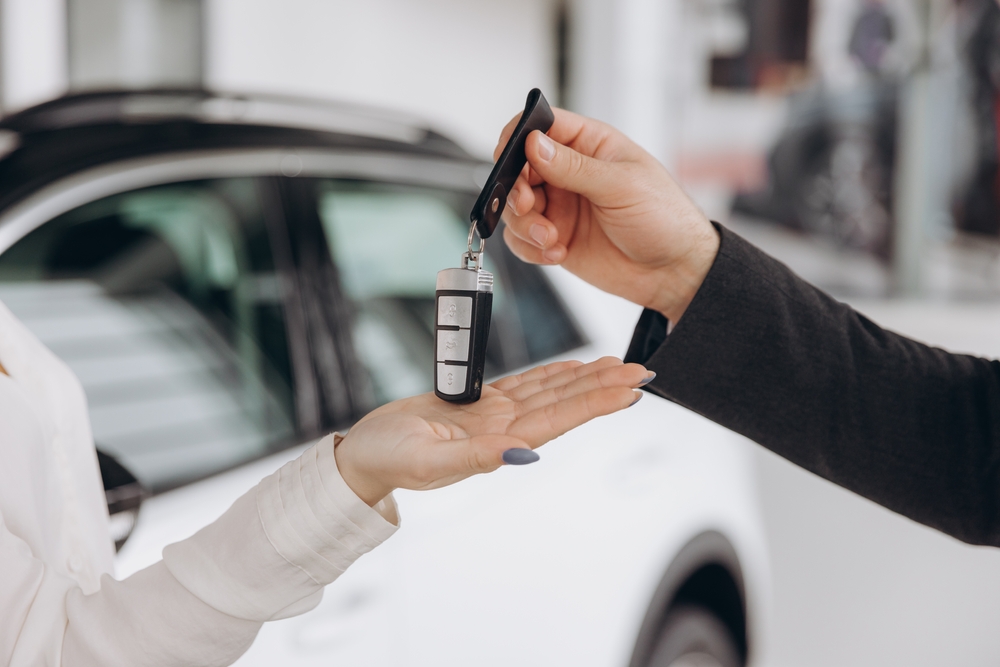
Selling a used luxury SUV can be more difficult than anticipated, largely because of their rapid depreciation and high maintenance costs. Potential buyers may be deterred by the prospect of ongoing expenses, leading to a smaller market for these vehicles. As newer models with upgraded features become available, older luxury SUVs may appear less desirable, further complicating the resale process. Owners may have to significantly reduce their asking price to attract interest.
Parking and Storage Issues
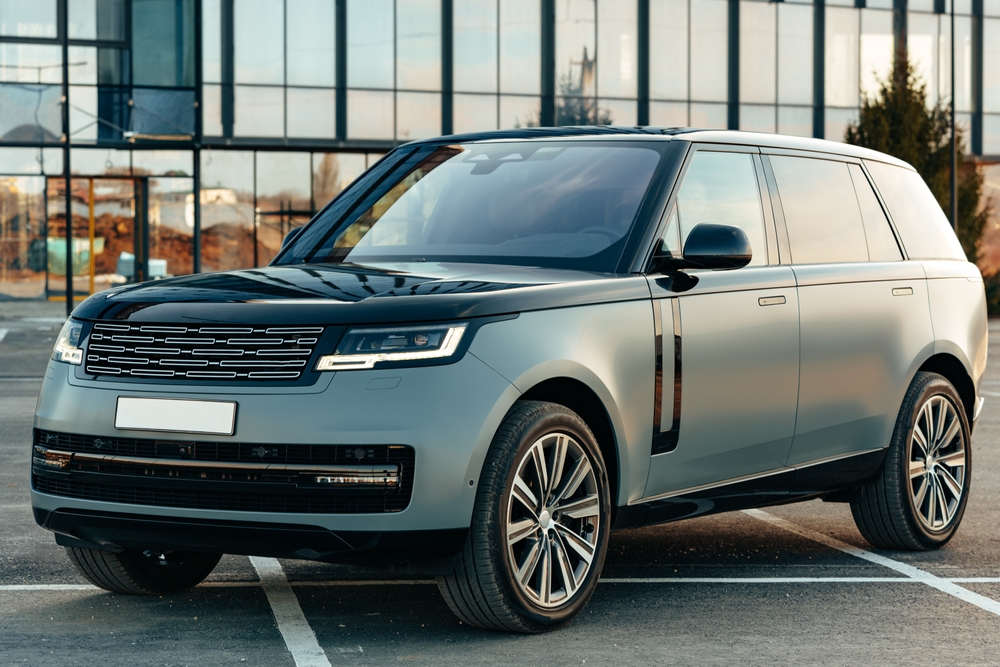
The considerable size of luxury SUVs can make parking and storage a real challenge. Many residential garages may struggle to accommodate such large vehicles, leading to issues with fitting the SUV comfortably inside. Public parking spaces are often designed with smaller cars in mind, making it difficult to find a suitable spot.
Limited Off-Road Use
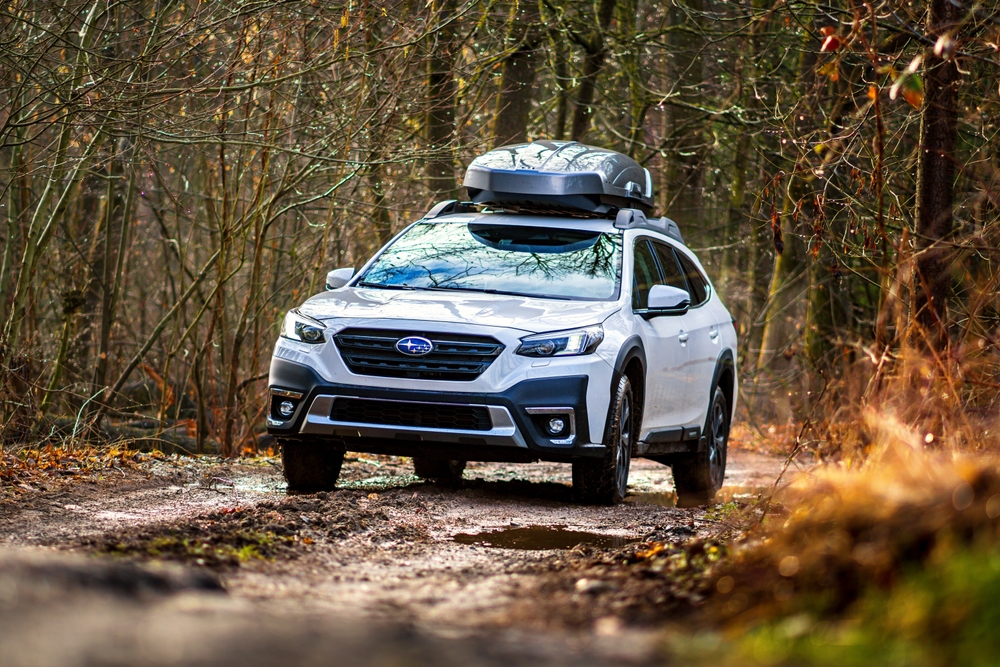
While many luxury SUVs boast impressive off-road capabilities, the reality is that most owners rarely, if ever, take them off the pavement. The high cost of potential repairs and the risk of damaging expensive features often deter owners from using their vehicles for rugged activities. As a result, the off-road features that contribute to the vehicle’s high price tag may go largely unused.
Safety Concerns
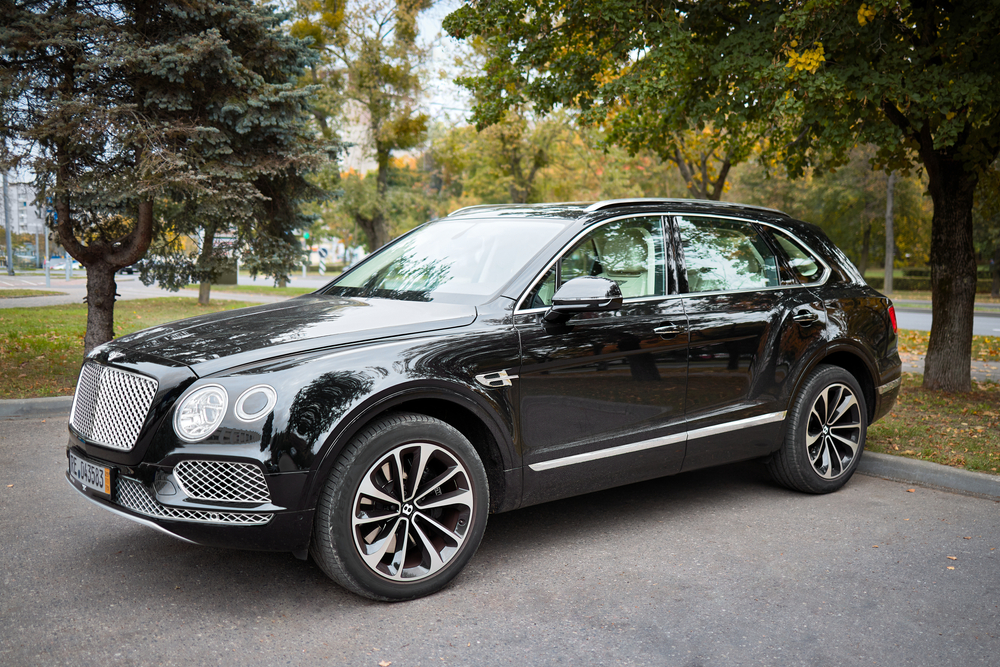
Despite their size, luxury SUVs are not inherently safer than smaller vehicles. The high center of gravity in many models increases the risk of rollovers, which can be particularly hazardous in accidents. Additionally, the larger size can create blind spots, making it more challenging to see pedestrians or smaller vehicles. Although luxury SUVs are often equipped with advanced safety features, these can sometimes create a false sense of security, leading to overconfidence behind the wheel.
Exclusivity and Theft Risk
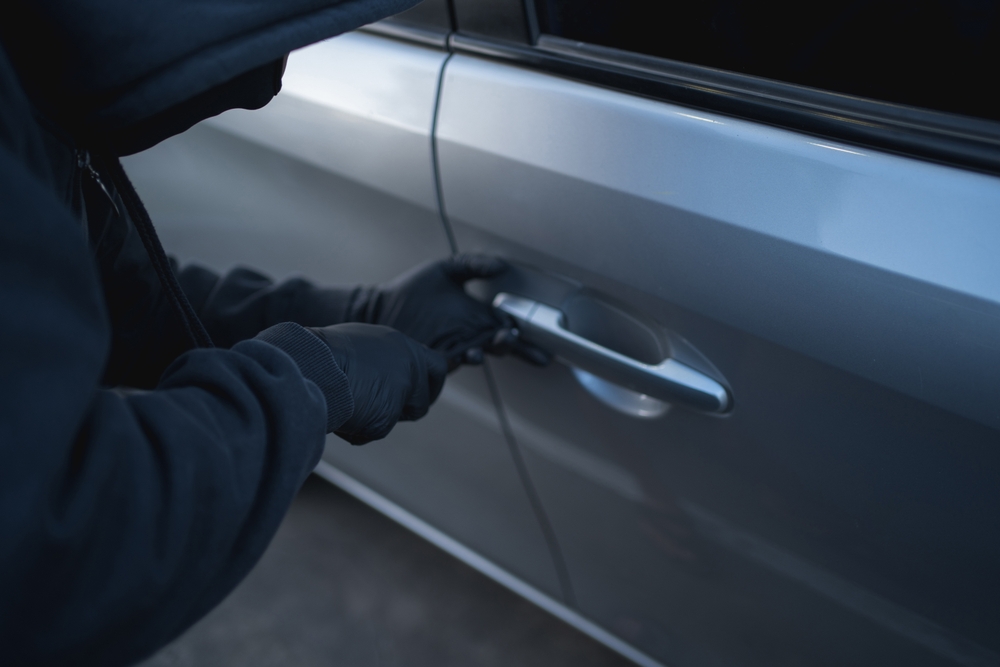
The exclusivity and high value of luxury SUVs make them prime targets for theft. These vehicles often come equipped with expensive features and high-end materials, making them more appealing to thieves. Despite the presence of advanced security systems, the risk of theft remains higher for luxury SUVs compared to more common vehicles. Owners may need to invest in additional security measures to protect their investment, further adding to the cost of ownership.
Limited Customization Options
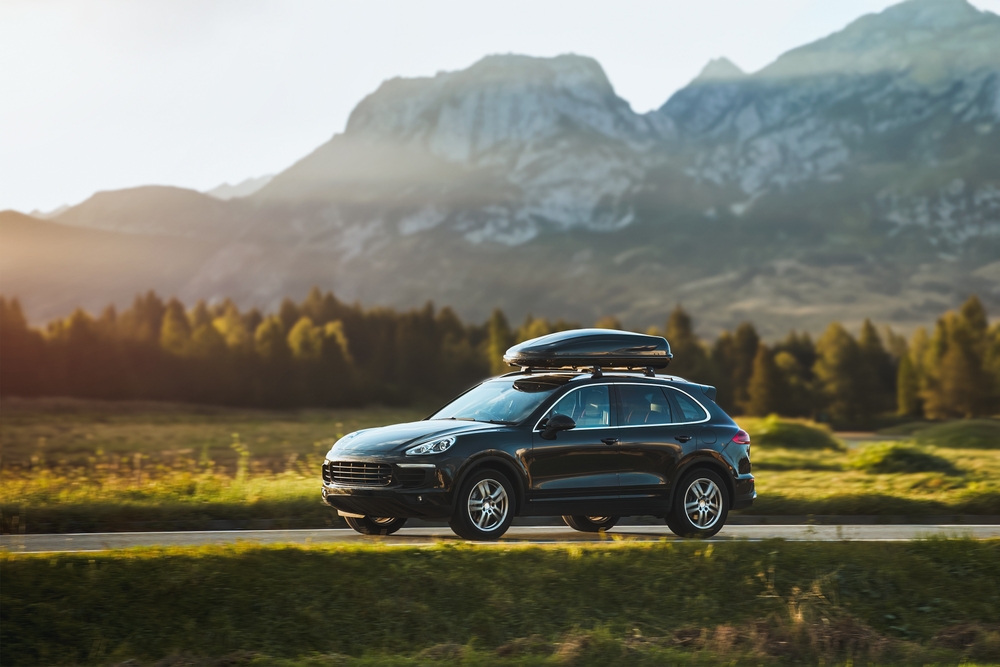
While luxury SUVs offer a range of high-end features, the ability to customize these vehicles is often limited. Manufacturers typically provide a few package options or trims, but the scope for personalizing specific features or the overall appearance can be restricted. This lack of flexibility can be disappointing for those who want a vehicle tailored to their unique preferences. Moreover, it can impact the resale value if potential buyers find the available options too limiting.
Tire Replacement Costs
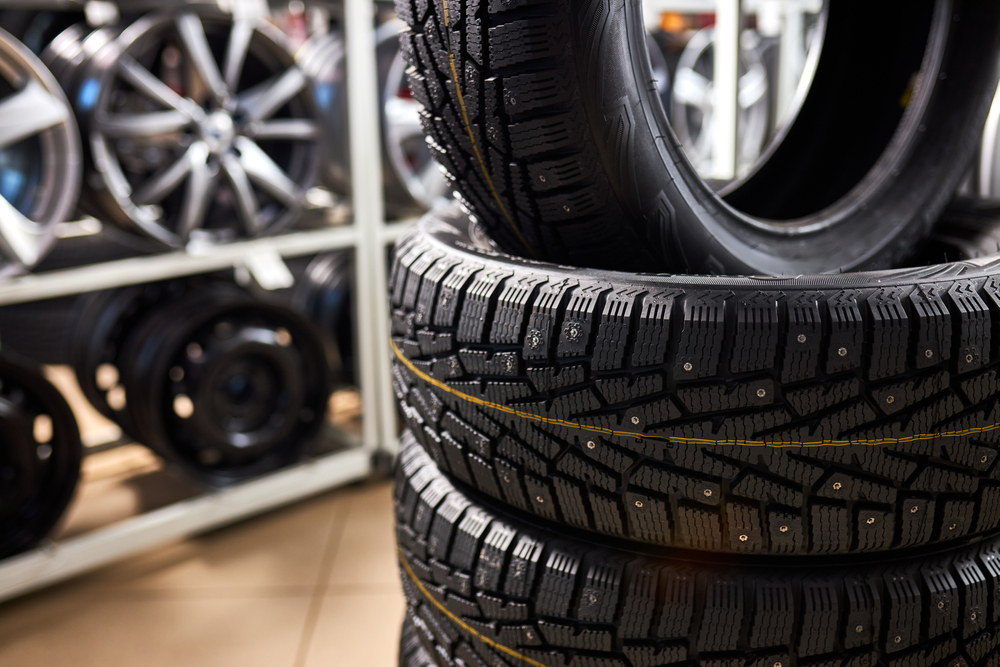
Specialized tires are a common feature of luxury SUVs, designed to enhance performance and comfort. However, these tires tend to wear out more quickly than standard options, leading to more frequent replacements. The cost of these high-performance tires can be significantly higher, especially if the vehicle requires a specific type or brand. Owners should be prepared for the added expense of tire replacement as part of their ongoing maintenance.
Potential for Higher Taxes and Fees

Luxury SUVs often come with the added burden of higher taxes and fees compared to standard vehicles. This can include luxury taxes, higher registration fees, and even emissions-related charges in certain areas. Additionally, vehicles that exceed certain weight thresholds may incur extra costs. These financial considerations can add up, making the overall cost of ownership even more significant and potentially discouraging some buyers.
This article originally appeared on MyCarMakesNoise.
More from MyCarMakesNoise
17 Car Maintenance Myths You Should Know the Truth About
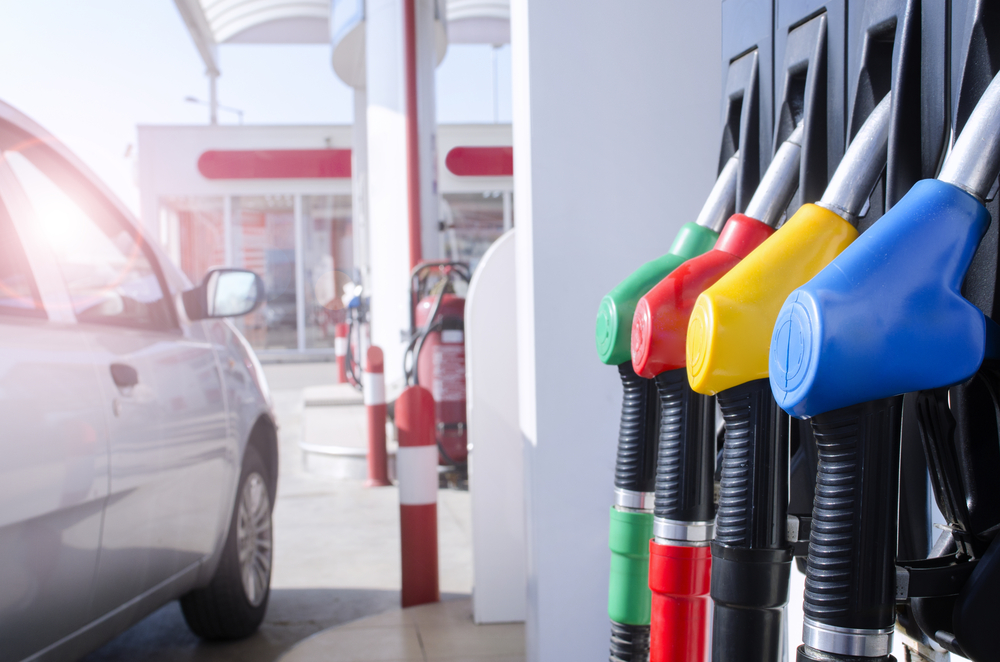
Car maintenance is crucial for keeping your vehicle in top shape, but not everything you hear is true. In this article, we’ll uncover 17 car maintenance myths you need to stop believing. Read More.
Top 25 Electric SUVs Offering Luxury and Sustainability
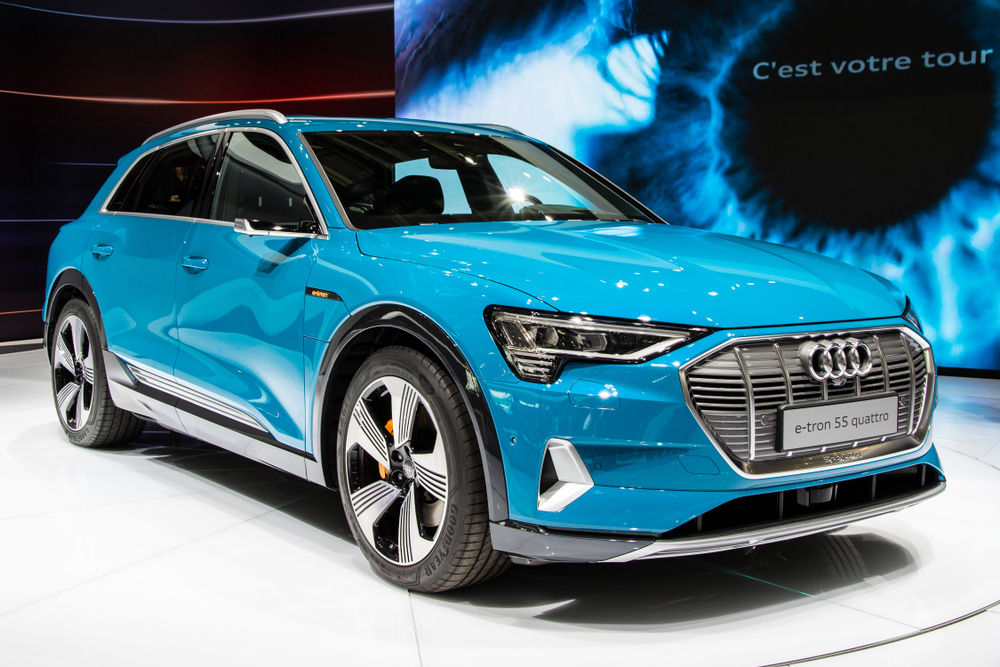
In today’s automotive landscape, the demand for vehicles that offer both luxury and sustainability is on the rise. Electric SUVs are leading the charge, providing eco-friendly alternatives without compromising on comfort or style. Read More.
18 Trailblazing Hydrogen Fuel Cell Cars on the Road Today
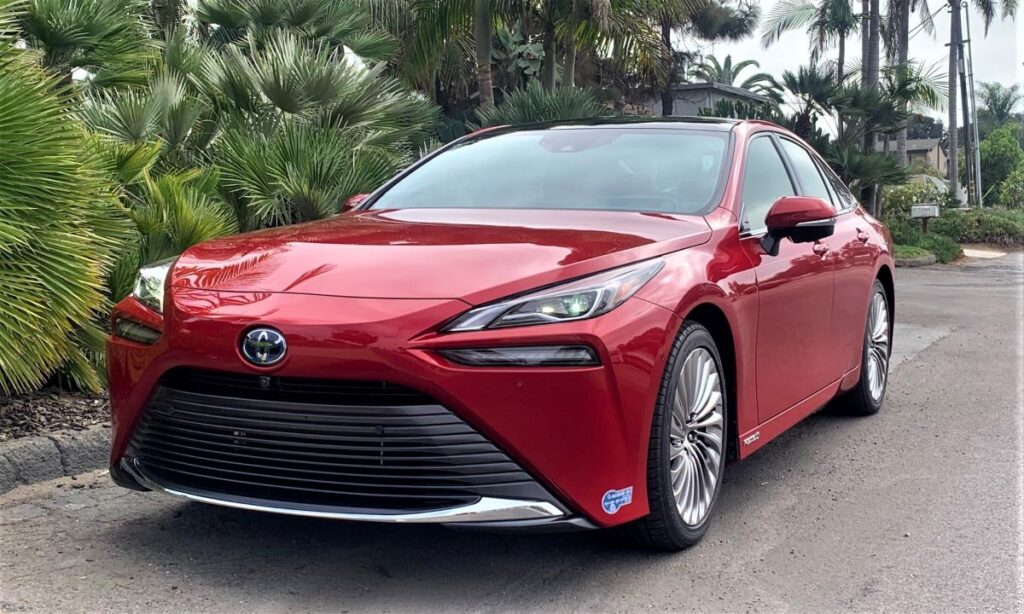
As the world moves towards sustainable energy solutions, hydrogen fuel cell cars are at the forefront of this green revolution. These innovative vehicles offer a glimpse into the future of transportation, combining cutting-edge technology with eco-friendly fuel. Read More.


